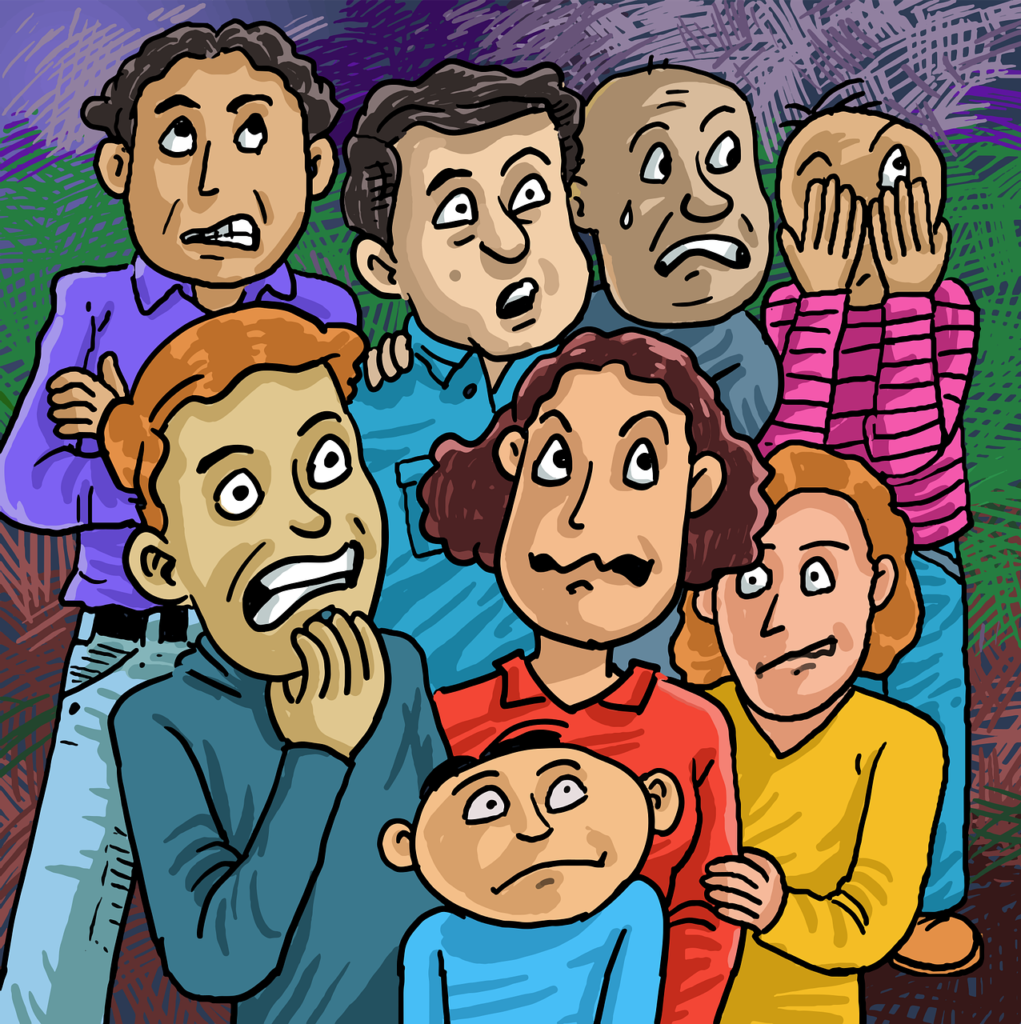From witches and vampires to skulls and horror films, Halloween has always been associated with a number of scary symbols that elicit fear. Today, as we enter the season of ghosts and goblins, it seems like a good time to talk about fear, including how to fight it and what to do if it becomes a phobia.
Fear or phobia?
First, let’s talk about the difference between a fear and a phobia. Fear is how you respond to a very real threat — and one that most people would consider to be a threat. Think about coming face to face with a bear in the woods. On the other hand, a phobia is more severe and generally irrational because, in reality, there may be no threat at all.
Unfortunately, a phobia can interfere with your daily life, often because you may go to great trouble to avoid what terrifies you. Heights, spiders, flying, public speaking, and enclosed spaces come to mind. Despite the fact that these things pose little or no threat, some people become extremely anxious when encountering them.
Addressing your fears
While there are striking differences between a fear and a phobia, some of the same techniques can be used to address them. As you read through the following tips, keep in mind that if you’re struggling with a phobia that interferes with daily life, it may be time to get help from a mental health professional who can provide management and treatment solutions.
- Confront what you’re afraid of. It may seem counterintuitive, but avoiding your fear can make it worse. Instead, gradually expose yourself to the fear until you’ve desensitized yourself to it. Don’t like to fly? Start with a short flight and then schedule another one soon after.
- Make breathing your friend. When a racing heart and sweaty palms take over, focus on breathing as a way to relax and take your mind off what you fear. When fear sets in, it’s common to worry more about whether you will panic and how to cope with it if you do. Steady breathing helps to distract you and calm your nerves.
- Think about something pleasant. Let your imagination wander to a happy memory or a favorite place, such as a hike in the woods, a boat ride on the lake, or a dinner party with friends. Close your eyes if it helps you visualize another place and time far away from the fear you’re experiencing.
- Keep it in perspective. Facing a fear can be terrifying when it occurs, but it’s helpful to know that it’s not actually impacting your health. That fast heartbeat is an indication that you’re experiencing high anxiety, but it doesn’t necessarily mean that you have a serious heart condition. It’s simply how your body responds to a real or perceived danger.
As already mentioned, a phobia will likely require you to meet with a professional who can offer some remedies. Depending on your situation, that could involve medicine, cognitive behavior therapy, working with a support group, and more. In the meantime, these tips should help you cope with some common fears. You may want to keep them handy this Halloween season!
Image by Azmi Talib from Pixabay
Dr. David Lowenstein is a Columbus, Ohio-based psychologist with more than 35 years of experience. He conducts individual, family, and group therapy sessions in his German Village office and also via telehealth. Dr. Lowenstein is also available for expert forensic testimony, and for educational workshops and presentations. He is frequently called upon as an expert source for print, radio, and broadcast media. Contact Dr. Lowenstein at Lowenstein & Associates, 691 South Fifth Street, Columbus, Ohio, 43206, or call 614.443.6155 or 614.444.0432.


